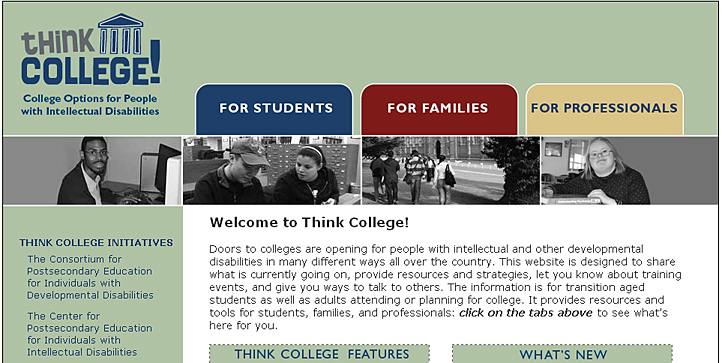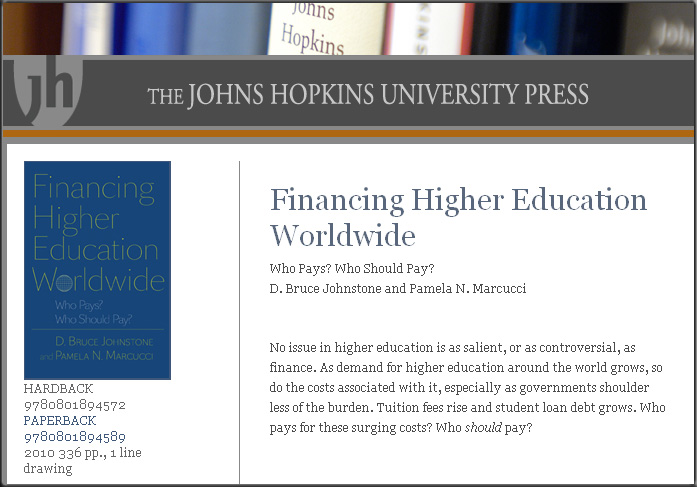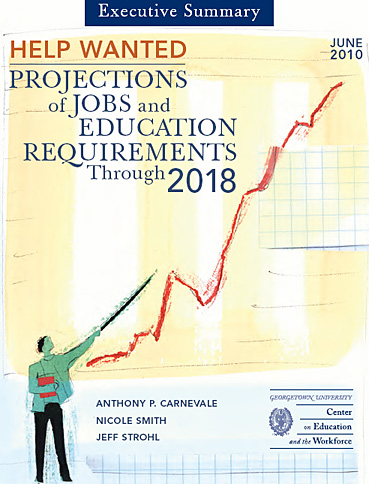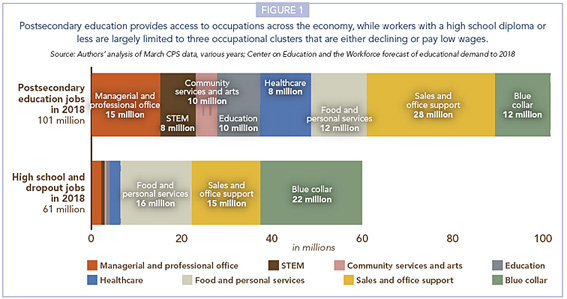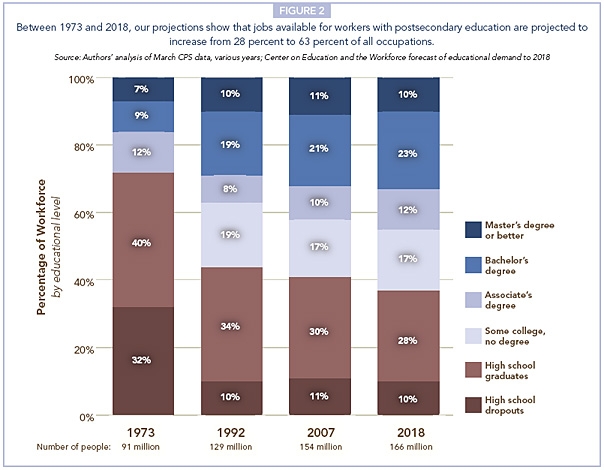From DSC:
As I was working out today, I noticed that the United States is on Day 53 of the oil spill!!! The figure has now risen to 40,000 barrels of oil a day that is spewing into the the Gulf of Mexico. Not only is this an enormous waste, but the environmental and economic costs are also enormous!

And thoughts about loss and costs ran through my mind…
Then, later today, I saw this article and those thoughts returned to my mind:
Urban Schools Are Broken, Not the Kids, Founder of University Prep Schools Says — from Crain’s Detroit Business by Tom Henderson (from 6/3/10 with emphasis below from DSC)
“We can’t attain our goal of being a top 10 state if we continue to be a 34th state in student achievement,” said Nolan Finley, editorial page editor of The Detroit News, to begin a morning panel Thursday on innovative education reform at the Mackinac Policy Conference. “We can’t continue to allow one of five students to drop out, three of five students in urban areas.“
…
“If you keep your head when all around you are losing theirs, maybe you don’t understand the damn problem,” said Michael Flanagan, state superintendent of public instruction for the state of Michigan. “Many of us in the K-12 community are in denial. But the fact is, economic development is education, and education is economic development.”
And I reflected upon the figure of 30%, which stuck in my mind as the drop out rate that the US is up to for many cities (don’t quote me on this).
The point is…what a waste! When a student drops out, society is hurt. It’s costly to lose that person’s skills, thoughts, ideas, talents, gifts, abilities. And it can be costly to clean up after these losses, as the bulging prisons confirm. We are all in this boat together.
Every day, a much greater “spill” is occurring in our nation — with enormous costs for the societies of the world — yet we don’t seem to have the urgency that we should have.











